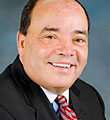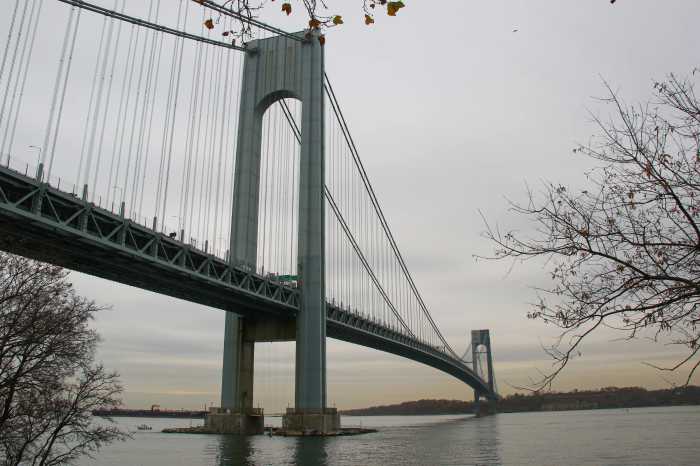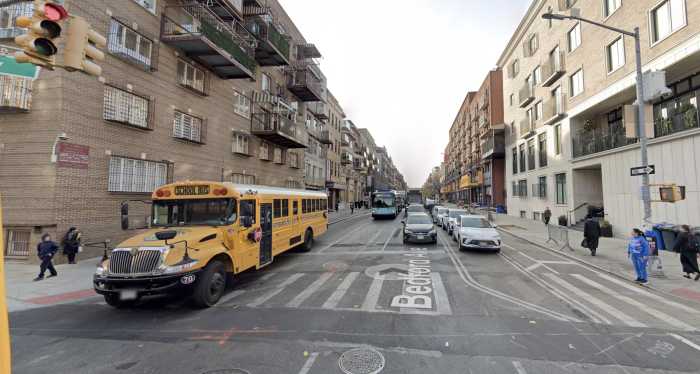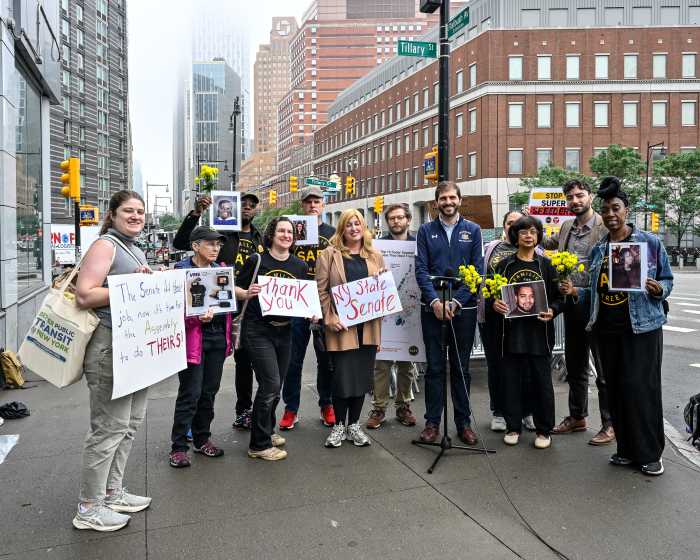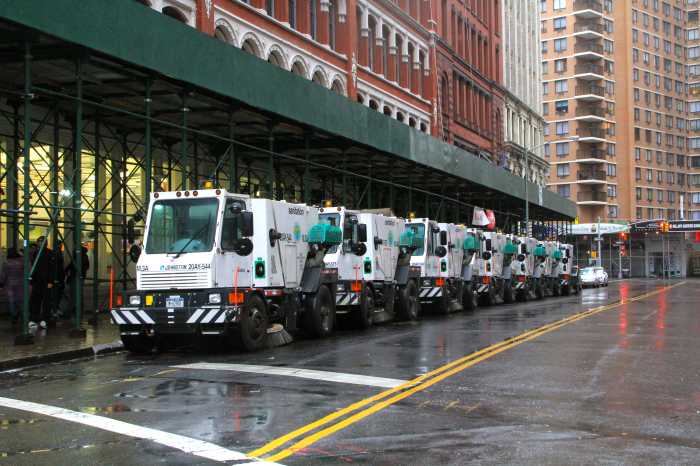Brooklyn, not Albany, knows best what should happen on Brooklyn streets.
That is the thinking behind a bill sponsored by state Sen. Martin Dilan (D–Bushwick) that would allow the Council to reduce the speed limit on residential streets citywide to 20 miles per hour without state approval.
“It will save lives,” Dilan said. “I am excited.”
The “home rule” bill, which Dilan expects to pass in the next legislative session, would open up the way for a Council measure mandating a 20-mile-per-hour speed limit on streets narrower than 60-feet wide. That bill, dubbed the Safe Streets Act, was first modified, then withdrawn after city road wonks said it would be impossible to enact because of state red tape.
“By giving the New York City Council the ability to reduce the speed limit by 10 miles-per-hour, pedestrian safety in the city will vastly improve,” the senator said in a statement.
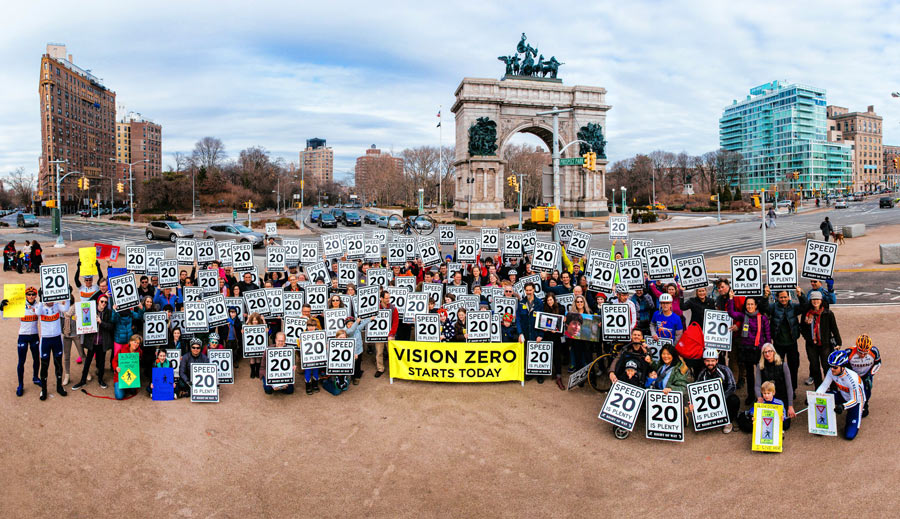
The mother of Samuel Cohen Eckstein, a 12-year-old who was killed by a van driver on Prospect Park West in October, said she is excited that the city could get more power to slow cars.
“The city should certainly be able to set appropriate speed limits without restrictions imposed at the state level,” Cohen said. “Had the van that hit our son Sammy been traveling at a slower speed, Sammy would probably still be alive.”
A pedestrian hit by a motorist going 20 miles per hour is almost guaranteed to survive, but the odds drop to a 6-in-10 chance of the walker living if the driver is going 30 miles per hour, according to federal data.
Dilan’s effort comes on the heels of another bill proposed by Assemblyman Daniel O’Donnell (D–Manhattan), which seeks the same speed limit reduction. But some dedicated car critics point to the recent stalling of city speed and red-light camera legislation in Albany amid partisan bickering as an example of why it is best to refrain from breaking out the champagne just yet.
“While I’m pleased to see the idea gaining traction, my optimism is guarded, since Albany has failed us on traffic safety many times,” said road warrior Eric McClure. “This will be monumental if it’s signed into law — for now, it’s just the promise of something monumental.”



